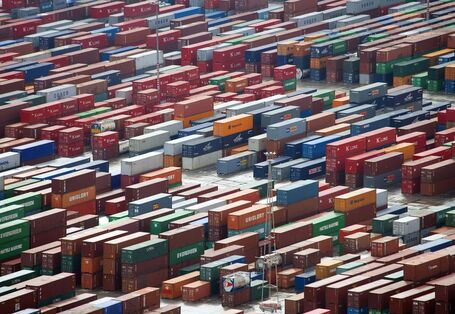Making the EU Emissions Trading System fit for the future

Apart from aligning the cap with the new climate target for 2030, the upcoming EU ETS reform also includes a review of the market stability reserve (MSR). A research project commissioned by the UBA proposes to adjust central MSR parameters in order to strengthen its function to stabilize the market in the event of external shocks such as the Covid-19 pandemic.
















